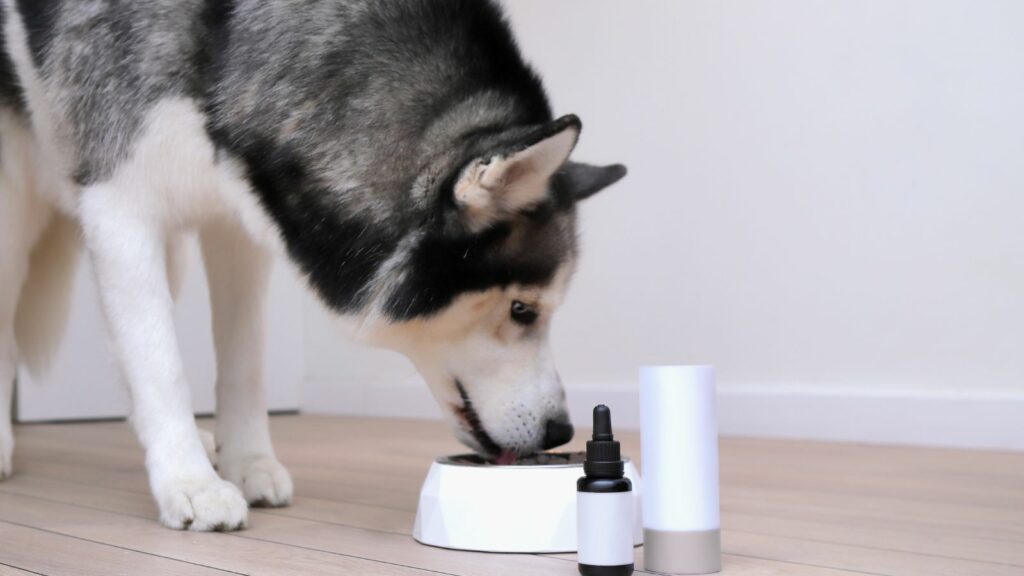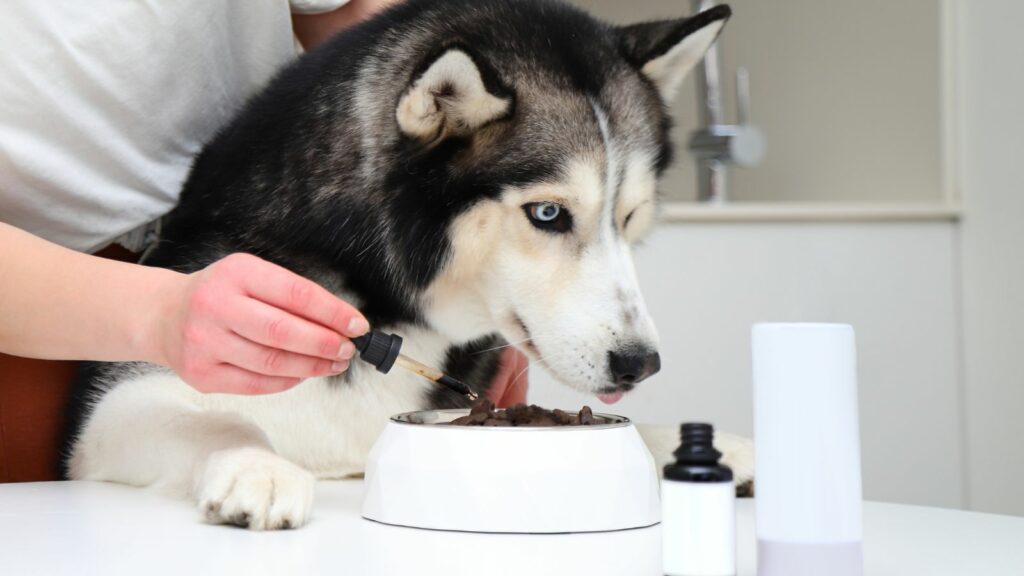When it comes to our furry friends, maintaining their health is paramount. One often overlooked aspect of canine health is gut health. Just like in humans, a dog’s gut plays a crucial role in their overall well-being. This is where dog gut health chews come into play.
Dog Gut Health Chews
Gut health carries immense significance in canines, playing an integral part in overall wellness. A healthy gut not merely aids in efficient digestion, but also has a direct influence on some crucial aspects of a dog’s health.

Microbiota, the community of microorganisms dwelling in the dog gut health chews, impact the pet’s health in multiple ways. Primarily, they assist in breaking down food, enabling the body to absorb nutrients effectively. But, that’s only a fraction of the broader context. Microbiota also bolsters the dog’s immune system. They produce certain compounds that enhance the immune response, providing a line of defense against harmful pathogens.
Signs of Poor Gut Health in Dogs
A dog suffering from poor gut health exhibits several signs. Digestive issues such as vomiting, diarrhea, constipation, or bloating offer a clear indication. Changes in appetite – increased or decreased food consumption – might also signal an internal problem. Moreover, unexplained weight changes, lethargy, or a dull coat can be symptomatic of gut health issues. Utilizing dog gut health chews seems an effective approach to overcome these concerns. These chews supply the gut with essential probiotics and prebiotics, paving the way towards an improved digestive system and a healthier, happier canine companion.
How to Use Gut Health Chews Effectively
Recommended Dosage and Frequency

Every dog’s needs differ, meaning there’s no one size fits all dosage for gut health chews. The size, weight, breed, and overall health condition of your dog dictate the appropriate dosage. Typically, manufacturers provide a dosage chart on their product packages. They base it on dog weight, ranging from small dogs (0-10 pounds) to extra-large dogs (over 100 pounds).
For instance, a small dog might require one chew per day, while an extra-large dog may require three or four. Always start with a lower dosage and gauge your dog’s reaction. Should no adverse reactions occur, gradually increase the dosage to the recommended level.
Though frequency can vary by brand, most suggest one chew per day. If your dog has a sensitive stomach, consider breaking the daily dose into smaller segments to be given throughout the day.
Integrating Chews into Your Dog’s Diet
Integrating dog gut health chews into your furry friend’s diet can be a straightforward process. Many dogs find these chews tasty and see them as a treat rather than a supplement. This makes it easier for them to accept it as a part of their daily routine.

Consider giving these chews during meal times, which aids in digestion and provides the most benefit from the probiotics and prebiotics within the chews. You might offer the chew as a reward after a successful training session, or as a mid-day snack. However, remember to account for the added calories in these chews when calculating your dog’s daily caloric intake.
Remember, patience is key when it comes to introducing new elements into your dog’s diet. It might take time for your dog to accept these chews; consider mixing them in with your dog’s favorite treat or food if they’re initially resistant.
Enhancing Digestive Health with Dog Gut Health Chews
Dog gut health chews have emerged as an effective way to maintain your pet’s digestive health. They’re packed with probiotics and prebiotics that aid digestion and prevent common issues like gas and constipation. But their benefits go beyond digestion. They also strengthen your pet’s immune system, making them less susceptible to ailments like skin infections and allergies. It’s important to remember that using these chews isn’t a one-size-fits-all approach. Dosage and frequency should be tailored to your dog’s unique needs, considering factors like size, weight, breed, and overall health.

